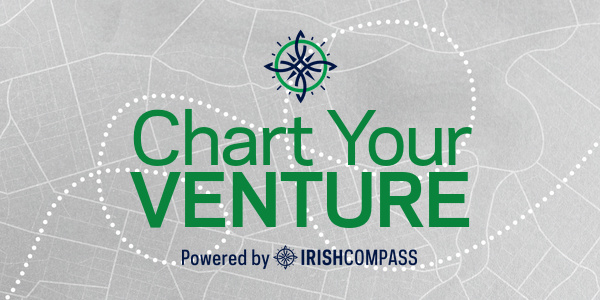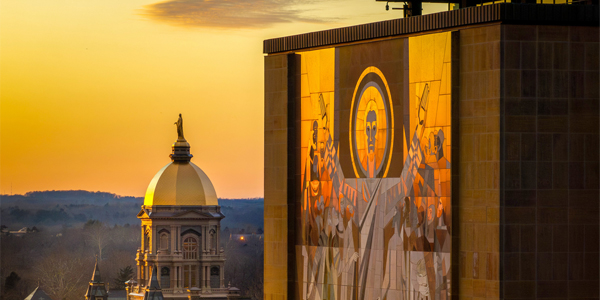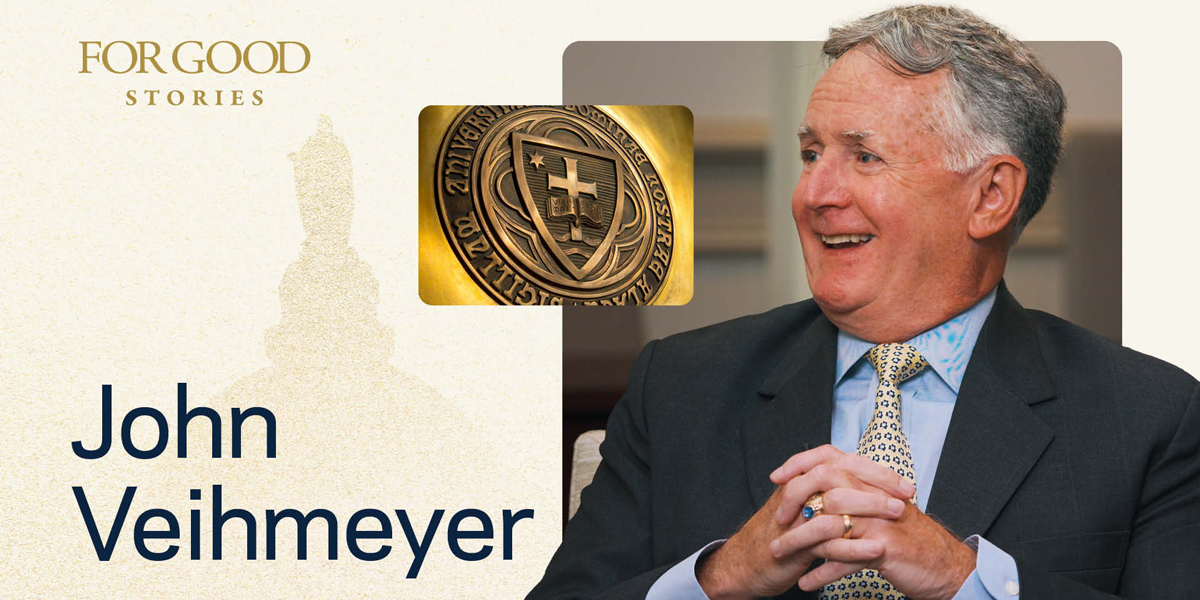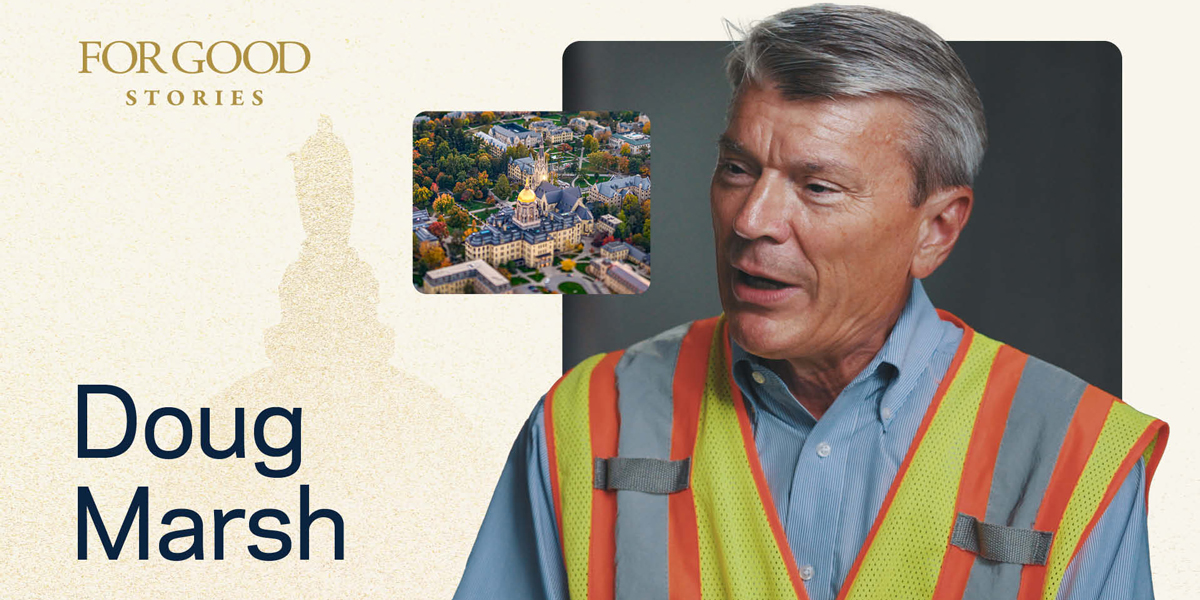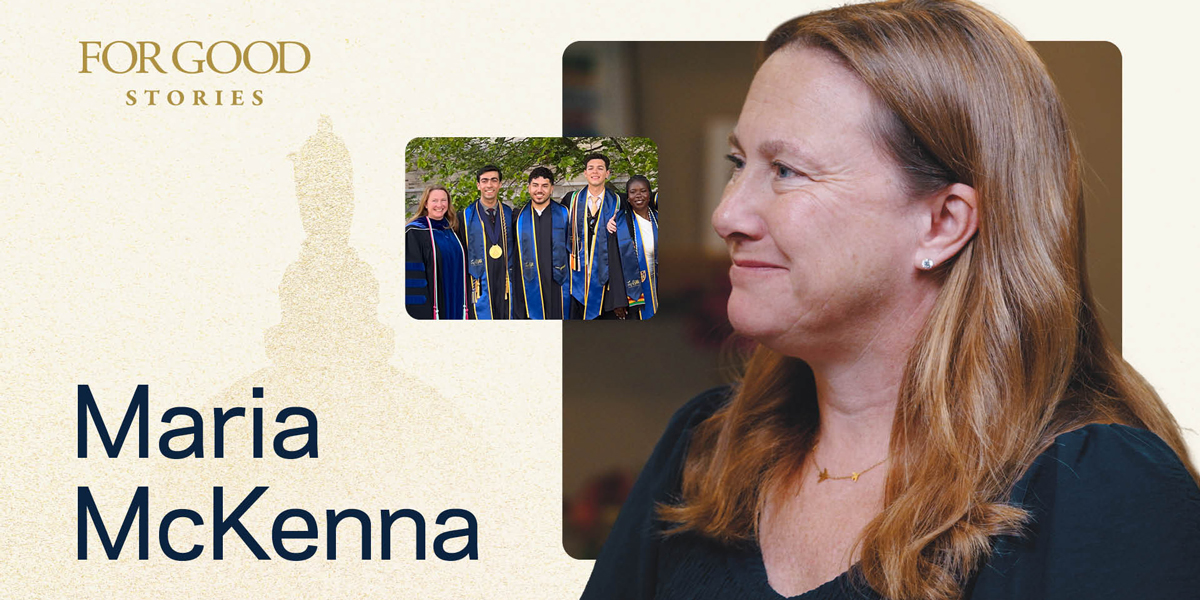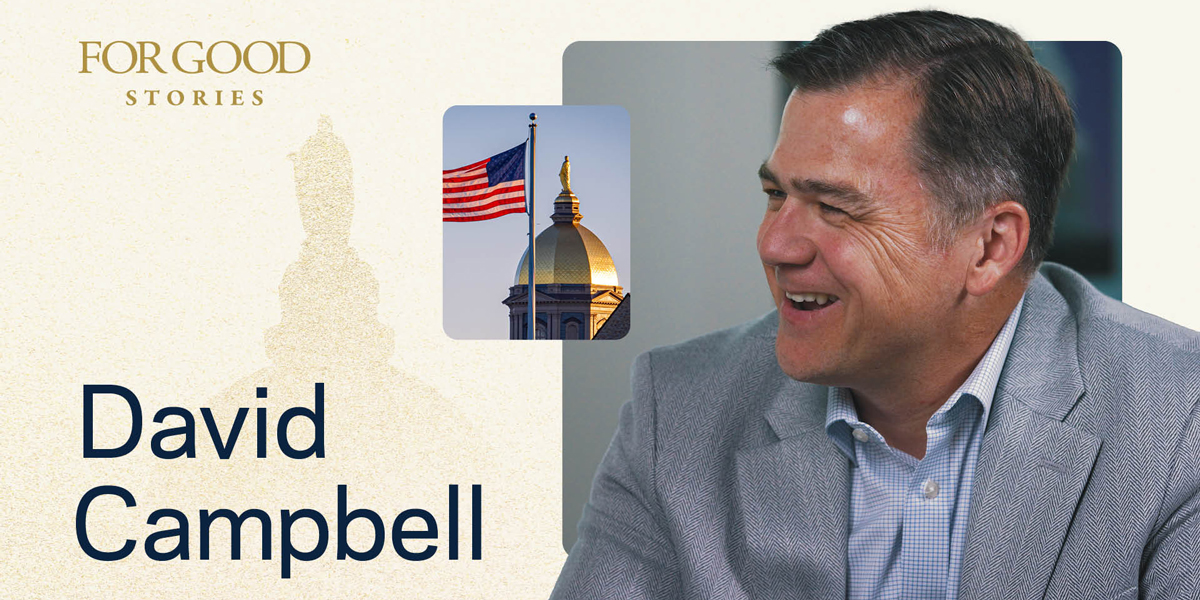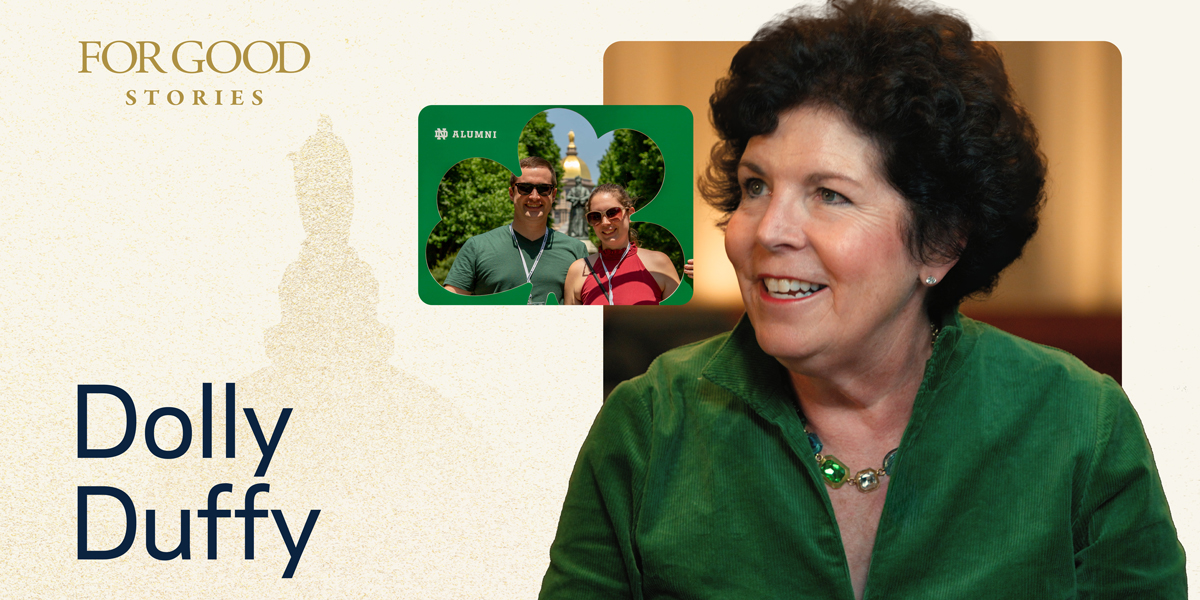Black Domers: The Future of Social Justice
“Recent events in our nation have led to a national reckoning, to soul-searching and a demand for action with regard to racial and social injustice…There is a widespread sense of urgency to come together, to take meaningful action to achieve a more just and equitable society. Accompanying the urgency is a sense of hope that now is the moment for constructive and lasting change.” – Advancing Diversity, Equity, and Inclusion at Notre Dame: A Strategic Framework, June 2021
As our nation continues to face urgent calls for racial justice, many members of the Notre Dame family are seeking safe spaces for honest dialogue that can advance understanding and become a foundation for action. It is in that spirit that the Black Alumni of Notre Dame and ThinkND invite you to join us for the second season of Black Domers. We’ll explore experiences of Black alumni and students, imagine the future of social justice, convene Black entrepreneurial and business trailblazers, nurture Black well-being, and cultivate Black spirituality. All are welcome!
Join filmmaker Christine Swanson ‘94 and Academy Award nominated actress Aunjanue Ellis-Taylor for a screening and discussion of Swanson’s 2022 short film Fannie, moderated by Scott Barton, assistant professor of race, food, environmental & cultural studies in the department of Africana Studies and inaugural Fellow in Notre Dame’s Initiative for Race and Resilience.
Considered the midwife of the modern American Democratic Party, Mississippi civil rights activist Fannie Lou Hamer gives her impassioned testimony and a prophetic warning to the country. Fannie is a riveting portrait of the human rights, voting rights, and civil rights icon and her ground-breaking speech in front of the Democratic National Convention’s credentials committee on August 22, 1964.
Moderator:
- Scott Barton
Speakers:
- Aunjanue Ellis-Taylor
- Christine Swanson ’94
More Like This
Related PostsLet your curiosity roam! If you enjoyed the insights here, we think you might enjoy discovering the following publications.

